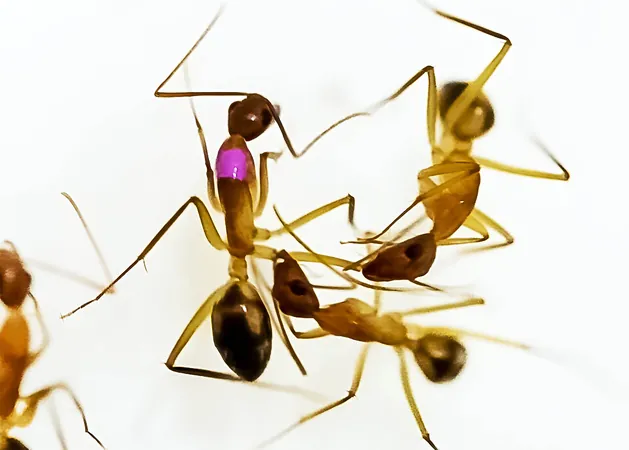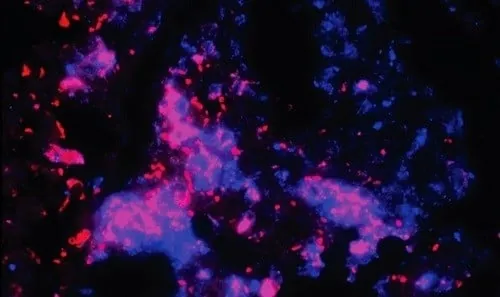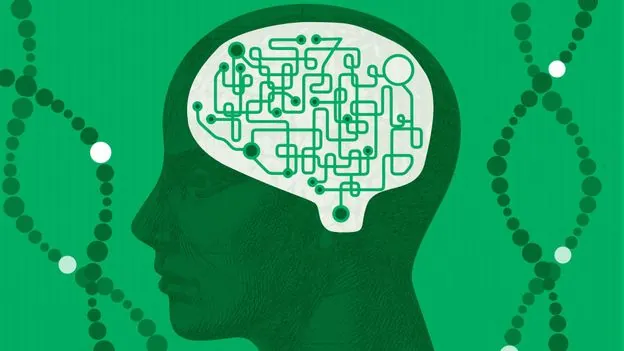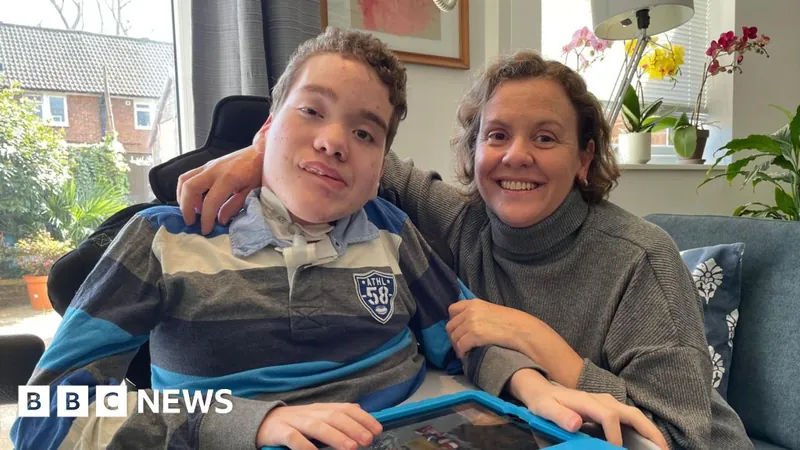
Unbelievable! Ants Master Life-Saving Surgeries Just Like Humans!
2025-04-12
Author: Wei Ling
A Shocking Discovery in the Ant World
When we think of life-saving surgeries, humans usually come to mind. But hold onto your hats—new research reveals that certain ants, specifically Florida carpenter ants, have their own version of medical procedures!
Ants with Surgical Skills
A groundbreaking study published in *Current Biology* shows that Florida carpenter ants (Camponotus floridanus) perform life-saving amputations and wound cleaning on their injured nestmates. In cases of severe leg injuries, these tiny specialists make crucial decisions that can determine whether their companions survive!
How Do They Do It?
According to Erik Frank of the University of Würzburg, these ants assess the severity of injuries and decide whether to clean wounds or amputate damaged limbs. Astonishingly, this behavior demonstrates sophisticated medical interventions previously thought to be exclusive to humans.
Survival Rates that Will Blow Your Mind!
The study found that femur injuries prompted both cleaning and amputation, yielding a survival success rate of about 90-95%. On the other hand, tibia injuries were treated solely with cleaning, which provided a respectable 75% survival rate—much higher than untreated cases.
Meet the Florida Carpenter Ants
These ants are not just any carpenters! Well-known for their reddish-brown bodies and complex social structures, Florida carpenter ants can often be spotted foraging in long trails, showcasing their exceptional organizational skills. They communicate using chemical signals called pheromones, coordinating food collection, defense, and other colony tasks.
The Evolution of Medicinal Ants
But why do these ants exhibit such medical behavior? Frank highlights that these ants can assess injuries, recognizing when an infection is possible and acting accordingly. Remarkably, all of this occurs without learned behavior—it's instinctual!
What’s Next for Ant Surgery Research?
Researchers are now investigating whether similar amputation strategies exist among other ant species. They aim to uncover if this kind of medical knowledge is widespread or unique to Florida carpenter ants. And let's not forget, an intriguing question arises: do ants experience pain during these procedures?
A New Perspective on Ant Societies
These impressive findings challenge our understanding of insect communities, providing insights into how they manage individual health within a social framework. Such remarkable cooperative behavior is a testament to the complexities of ant societies and raises questions about the relationship between community well-being and individual survival.
This fascinating research opens a window into the medical world of ants, showing us that even the smallest creatures can exhibit surprisingly advanced behaviors!




 Brasil (PT)
Brasil (PT)
 Canada (EN)
Canada (EN)
 Chile (ES)
Chile (ES)
 Česko (CS)
Česko (CS)
 대한민국 (KO)
대한민국 (KO)
 España (ES)
España (ES)
 France (FR)
France (FR)
 Hong Kong (EN)
Hong Kong (EN)
 Italia (IT)
Italia (IT)
 日本 (JA)
日本 (JA)
 Magyarország (HU)
Magyarország (HU)
 Norge (NO)
Norge (NO)
 Polska (PL)
Polska (PL)
 Schweiz (DE)
Schweiz (DE)
 Singapore (EN)
Singapore (EN)
 Sverige (SV)
Sverige (SV)
 Suomi (FI)
Suomi (FI)
 Türkiye (TR)
Türkiye (TR)
 الإمارات العربية المتحدة (AR)
الإمارات العربية المتحدة (AR)